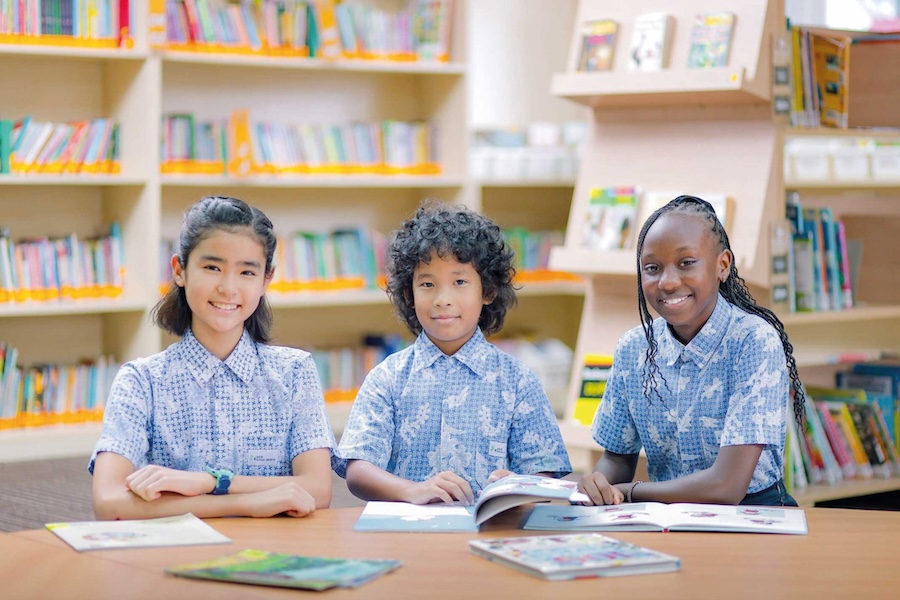
Since 2014, private schools in Indonesia that once labelled themselves as ‘international’ were subjected to new regulations from the Indonesian Government’s Ministry of Education and Culture. This resulted in the new category of SPK schools, or Sekolah SPK, under which these academic institutions must also abide by specific requirements and education.
In early years, international schools in Jakarta were ultimately founded to provide children of diplomats and expatriate students with an education from their respective countries, or a broader more global curriculum. Over the years, Indonesian citizens increasingly enrolled their children into these schools, which often promised a more international perspective and indeed improved their capacity to later study in universities abroad. This growing demand also saw the increase in what was termed ‘National Plus’ schools, which were a hybrid of national and international curriculums.
This trend resulted in two challenges in the Indonesian Government’s perspective: a lack of clear categorisation within the industry, which could lead to issues for prospective parents; and also the fear that Indonesian children were being increasingly separated from localised knowledge and national values deemed important by the government.
This was addressed by the 2014 Ministerial Decree (Permendikbud No.31/2014) which created new stringent criteria for private education institutions to abide by. These required legislative, structural and operational changes in schools that offer foreign curriculums in Indonesia. This meant that the Indonesian Government could better police the authenticity, standards and legality of institutions.
Part of the decree included the prohibition of the use of the word “international” in the title of schools in Indonesia. As a result, schools previously considered national plus or international are now categorised as a ‘Joint Cooperation School’ (Sekolah ‘Satuan Pendidikan Kerjasama’), better known as an SPK School. This is widely the term now used to refer to foreign language and foreign curriculum private academic institutions in the country. Schools that do not meet minimum requirements of the criteria are relegated to national school status.
What do these Sekolah SPK mean for parents and students?
The regulation in fact makes life easier for prospective parents. Being an SPK school recognised by the government ensures the legitimacy of the chosen academic institution, not only its legality in the country, but also its ability to adequately provide an international education.
For example, all SPK schools must have official accreditation from their chosen international curriculum (Lembaga Pendidikan Asing, or LPA) or an official affiliation with a foreign education organisation. They must also adhere to that LPA’s assessment schedule and quality assurance programmes.
For Indonesian students studying at an SPK school, they are required to take four compulsory subjects in line with national values. These include: religious studies, Indonesian language, history and civic studies (Pancasila). They must also take national exams in Grades 9 and 12. Meanwhile, foreign students enrolled in an SPK school are required to learn Indonesian language and join cultural studies courses as well.
It’s important to note that each school may implement these requirements differently, and indeed requirements may differ from Kindergarten to High School. Parents are recommended to ask about more precise details and what it means for their children.
Since its implementation, SPK schools and the government have continuously worked to find a fair balance, ensuring that schools offer an international education but do so whilst adequately acknowledging their host country. Having an awareness of national values, history and language is certainly beneficial for all students, domestic or foreign.
Whilst no longer officially labelled as ‘international’, parents can surely expect what is generally regarded as an international school experience at most SPK schools.
Useful references:
Perkumpulan Sekolah SPK: spkindonesia.org
Government Website: hditpsd.kemdikbud.go.id







